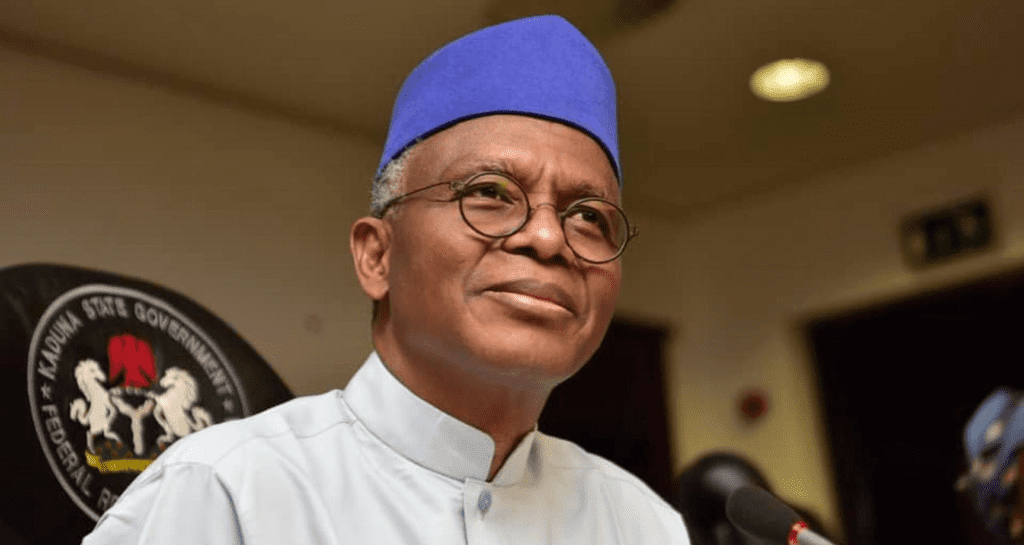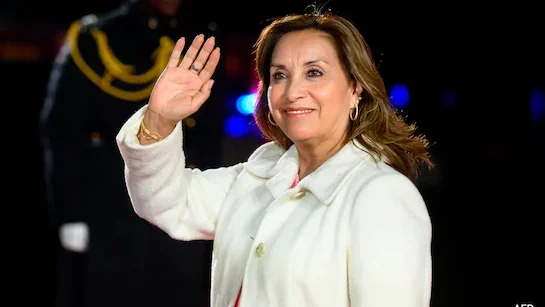Jimi Lawal, a former aide to ex-Kaduna State Governor Nasir El-Rufai, has been granted bail by a Federal High Court in Abuja over allegations of money laundering involving ₦64.8 million. The bail, granted on January 21, 2025, follows Lawal’s recent arraignment by the Independent Corrupt Practices and Other Related Offences Commission (ICPC) on charges connected to financial misconduct.
The charges against Lawal stem from his alleged involvement in laundering funds acquired from foreign exchange transactions during his tenure as the Commissioner for Planning and Budget under El-Rufai’s administration. The ICPC contends that the funds were proceeds of unlawful activities.
During the arraignment, the prosecution presented a detailed account of how Lawal purportedly laundered ₦3.9 billion through fraudulent foreign exchange transactions. It was alleged that he violated the Money Laundering (Prohibition) Act by transferring the funds without proper authorization.
In granting bail, the court set stringent conditions to ensure Lawal’s compliance with legal proceedings. The presiding judge required him to provide two sureties who must each own landed properties in Abuja. Additionally, the defendant is mandated to surrender his travel documents and report to the ICPC office regularly.
Lawal’s legal team argued for his release on the grounds of his constitutional rights, emphasizing that he poses no flight risk and is prepared to face the allegations in court. His counsel also dismissed the charges as politically motivated, aiming to tarnish Lawal’s reputation.
The case has reignited public discourse on the accountability of public officials in Nigeria, particularly those involved in managing state funds. Anti-corruption agencies like the ICPC and the Economic and Financial Crimes Commission (EFCC) continue to face challenges in addressing the prevalence of financial crimes among political appointees and government officials.
Observers have noted that this high-profile case underscores the need for stricter oversight of public officeholders and better mechanisms to trace and recover mismanaged funds. Lawal’s trial is expected to set a precedent for similar cases as Nigeria intensifies efforts to combat corruption.
While Lawal awaits his next court hearing, the public remains divided on the matter, with some questioning the sincerity of anti-corruption efforts in the country. As proceedings unfold, all eyes will be on the judiciary to ensure justice is served in accordance with the law.























